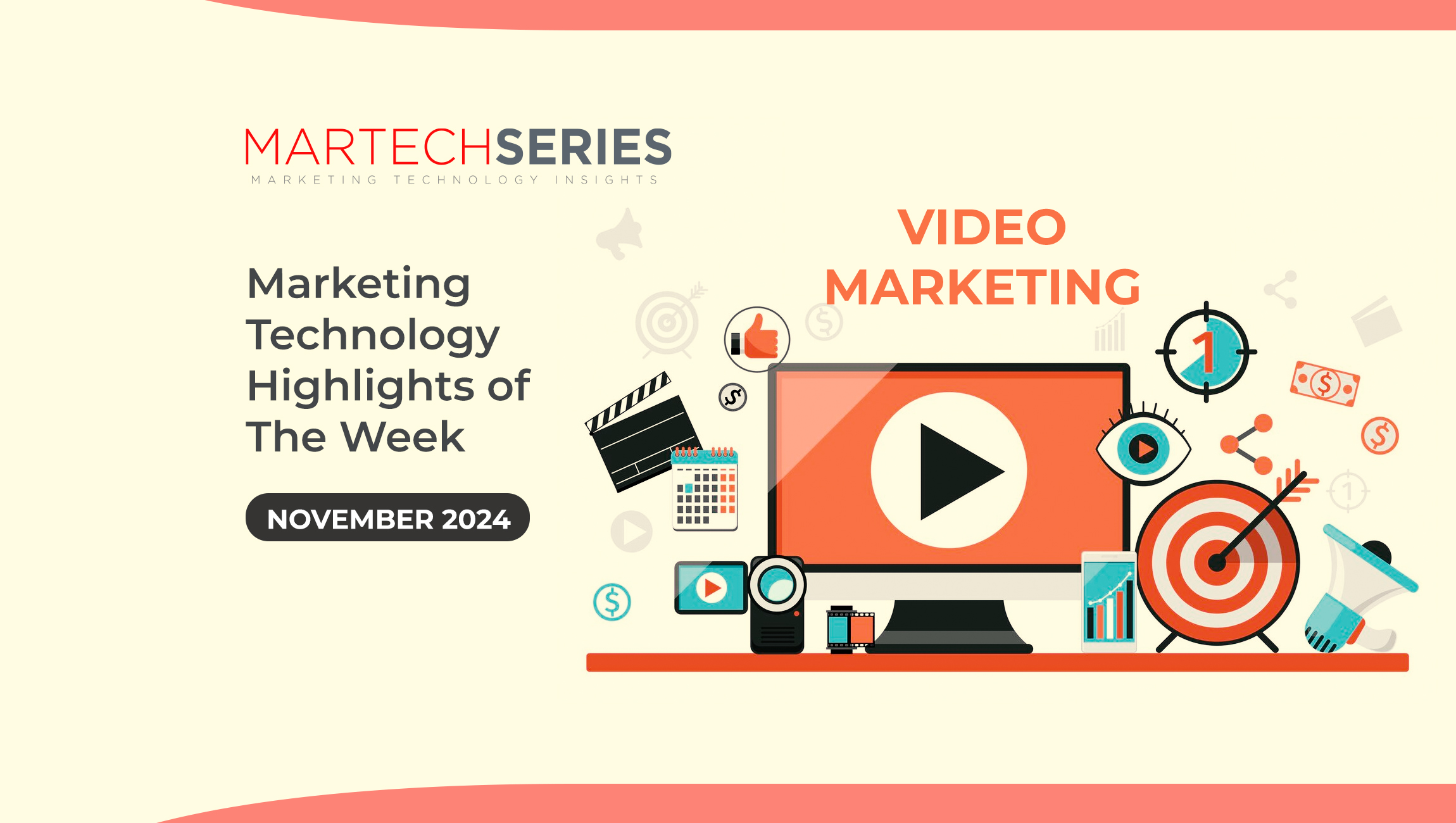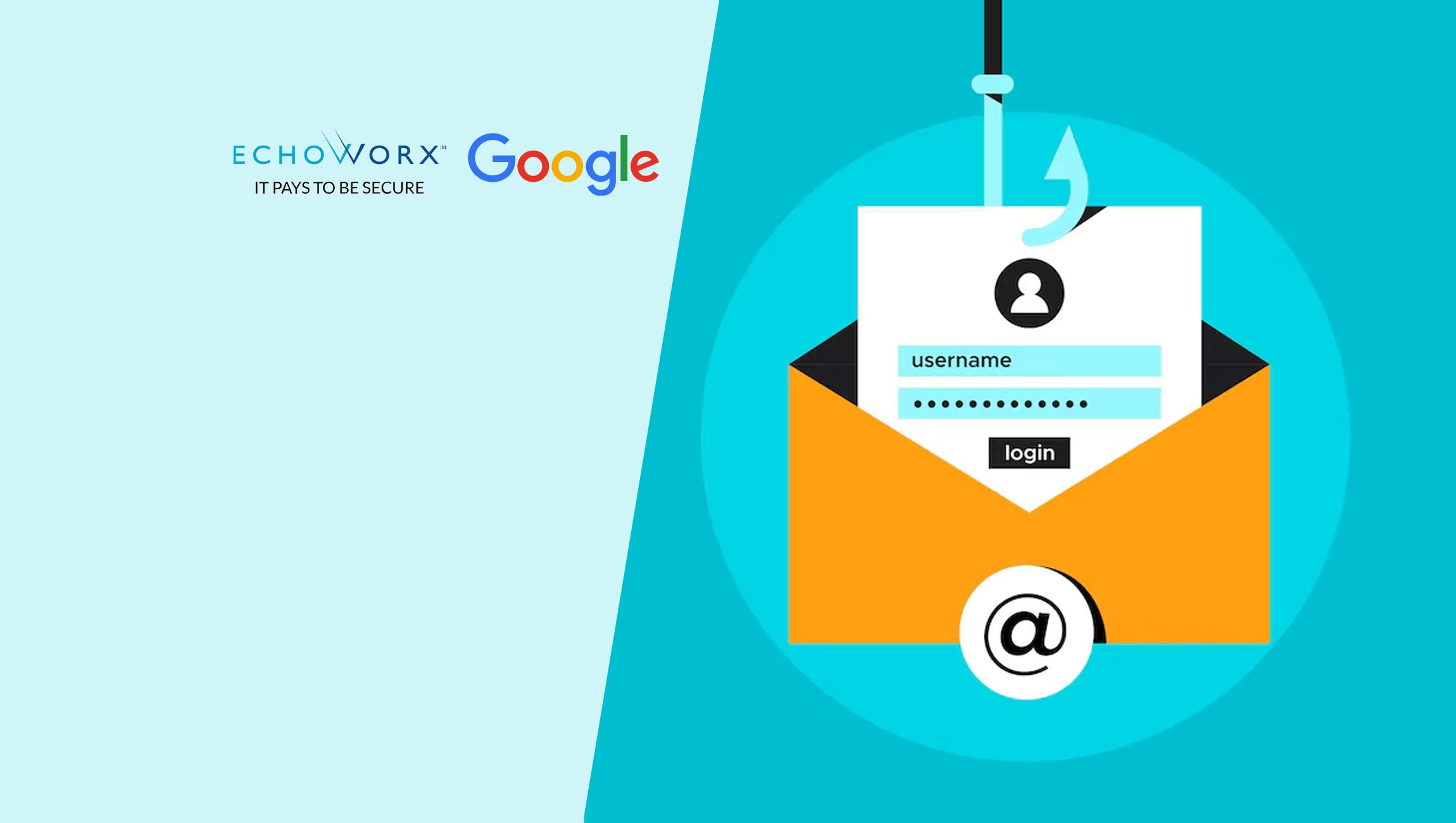The digital marketing landscape is witnessing a paradigm shift with the rise of programmatic advertising. This innovative approach, powered by automation and real-time bidding, is changing the way businesses are targeting their audience. However, as with any rapidly evolving technology, it brings its own set of challenges.
From transparency issues to ad fraud, the road to harnessing the full potential of programmatic advertising is full of different obstacles. In this blog, we will understand these challenges and discuss effective solutions to navigate this complex terrain.
What is the Importance of Value of Programmatic Buying in Media Investment?
Programmatic buying is changing the media investment landscape. But you might wonder why it is worth your resources. Here are some of the reasons that will help you understand the importance of programmatic buying in media investment:
1. Precision Targeting:
Programmatic buying is a game-changer in digital advertising. It leverages advanced data analytics to target specific audiences based on their online behavior, demographics, and interests. This ensures that your ads reach the right people at the right time, enhancing the effectiveness of your campaigns.
2. Real-Time Optimization:
One of the key advantages of programmatic buying is the ability to adjust campaigns in real time. Based on performance data, you can tweak your ads, change your bidding strategy, or shift your focus to different audience segments. This real-time optimization maximizes your return on investment.
3. Access to a Wider Audience:
Programmatic buying is not limited to a single platform or publisher. It provides access to multiple ad exchanges, each having a vast pool of potential customers. This opens up new opportunities to reach a wider audience, increasing the visibility of your brand.
4. Cost Efficiency:
Programmatic advertising automates the buying process, reducing manual efforts and minimizing errors. This not only saves time but also leads to significant cost savings. Moreover, with programmatic buying, you pay for effective impressions, ensuring that every penny spent is worth the investment.
5. Greater Transparency:
Programmatic buying provides detailed insights into your ad campaigns. You get to know where your ads are placed, how they are performing, and who is interacting with them. This level of transparency promotes accountability and helps you make informed decisions.
Marketing Technology News: MarTech Interview with Keith Kazerman, President of Streaming @ Locality
What are the Challenges of Programmatic Advertising?
Despite its numerous advantages, programmatic advertising is not without challenges. Here are the various challenges of programmatic advertising that you must know all about:
1. Ad Fraud:
In the field of programmatic advertising, ad fraud is a persistent issue. Fraudsters employ various tactics, such as fake impressions and click spamming, to deceive advertisers and siphon off their ad spend. This not only leads to financial losses but also skews campaign data, making it difficult for advertisers to gauge the true performance of their ads. Addressing ad fraud requires robust detection mechanisms and stringent industry regulations.
2. Lack of Knowledge:
The complexity of programmatic advertising often leads to a knowledge gap among advertisers. Understanding the details of real-time bidding, demand-side platforms, and data management platforms can be overwhelming. This lack of knowledge can result in under-performing campaign strategies and inefficient ad spending. Bridging this gap requires comprehensive education and training initiatives within the industry.
3. Inventory Quality:
The automated nature of programmatic buying can sometimes lead to a compromise in inventory quality. Advertisers may end up with placements on low-quality or irrelevant sites, weakening the impact of their campaigns. Ensuring high-quality inventory requires watchful monitoring and rigorous selection criteria. Advertisers can use technology platforms that offer premium inventory and have strict quality controls. They can also partner with trusted publishers directly.
4. Ad Creativity:
Programmatic advertising relies heavily on data, which can sometimes eclipse the creative aspect of ads. Striking a balance between data-driven targeting and creative messaging is crucial to engage audiences effectively and drive desired actions. To strike a balance between data-driven targeting and creative messaging, advertisers can use dynamic creative optimization (DCO). DCO uses data to create personalized ads that resonate with the target audience without compromising on the creative aspect.
5. Brand Safety:
In the vast digital landscape, ensuring brand safety can be challenging. Ads may appear alongside inappropriate or harmful content, damaging the brand’s reputation. Advertisers can implement robust brand safety measures by using tools that offer real-time blocking of unsafe content. They can also work with reputable ad exchanges that have strict policies against inappropriate content.
6. Privacy Limitations:
With increasing concerns around data privacy, advertisers need to tread carefully. Compliance with privacy regulations, like GDPR and CCPA, is mandatory. Balancing personalized advertising with privacy considerations is a significant challenge in programmatic advertising. To address this issue, advertisers need to be transparent about how they collect and use data. They should provide clear opt-out options for users who do not wish their data to be used for targeted advertising.
As advertisers navigate the complexities of programmatic advertising, it becomes clear that the challenges are surmountable with the right strategies. By embracing transparency, fostering creativity, and prioritizing privacy, the full potential of programmatic buying can be unlocked. The road ahead is promising, paving the way for a more efficient and effective digital advertising landscape.
Marketing Technology News: The Importance Of Martech Training And Certifications











